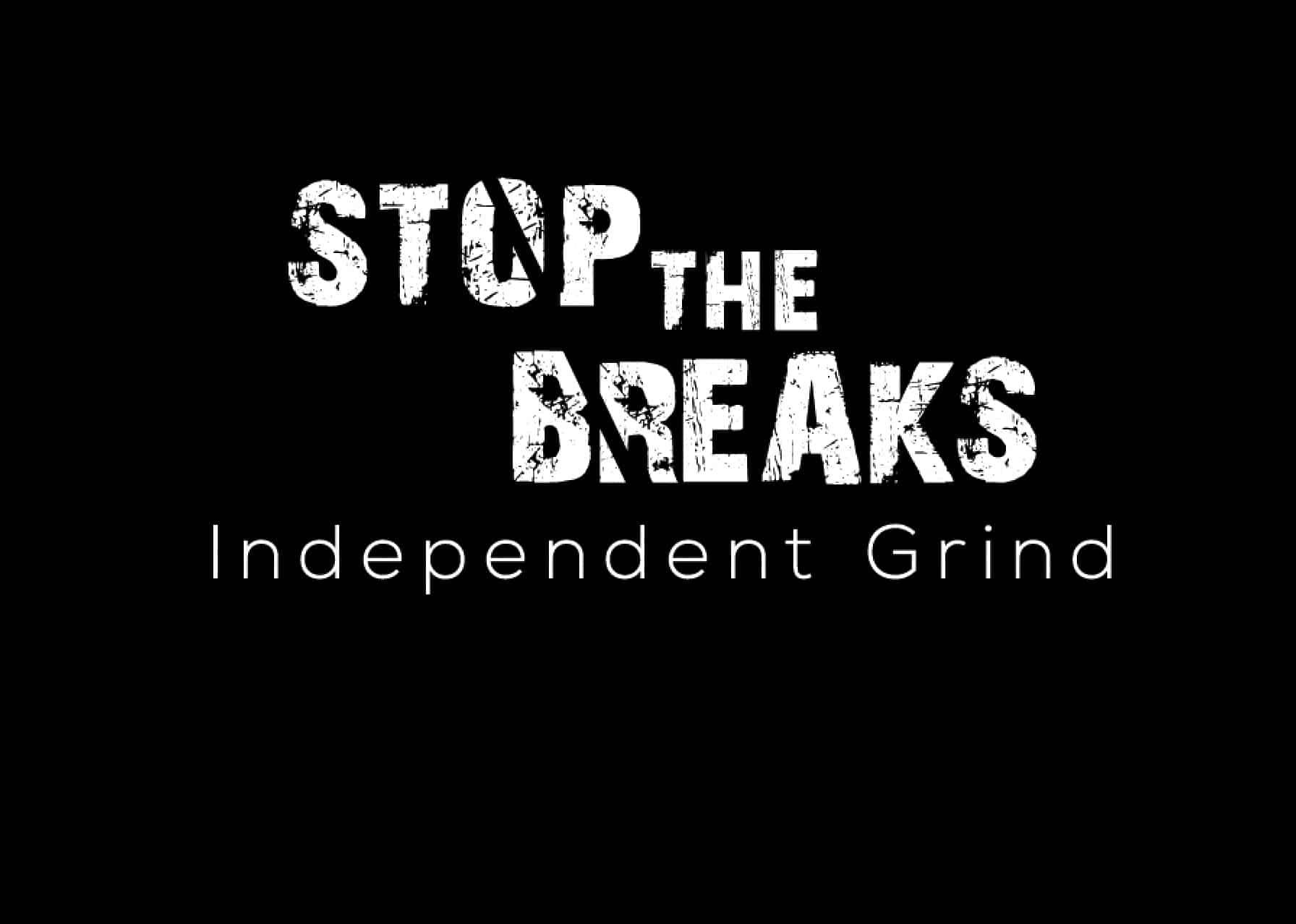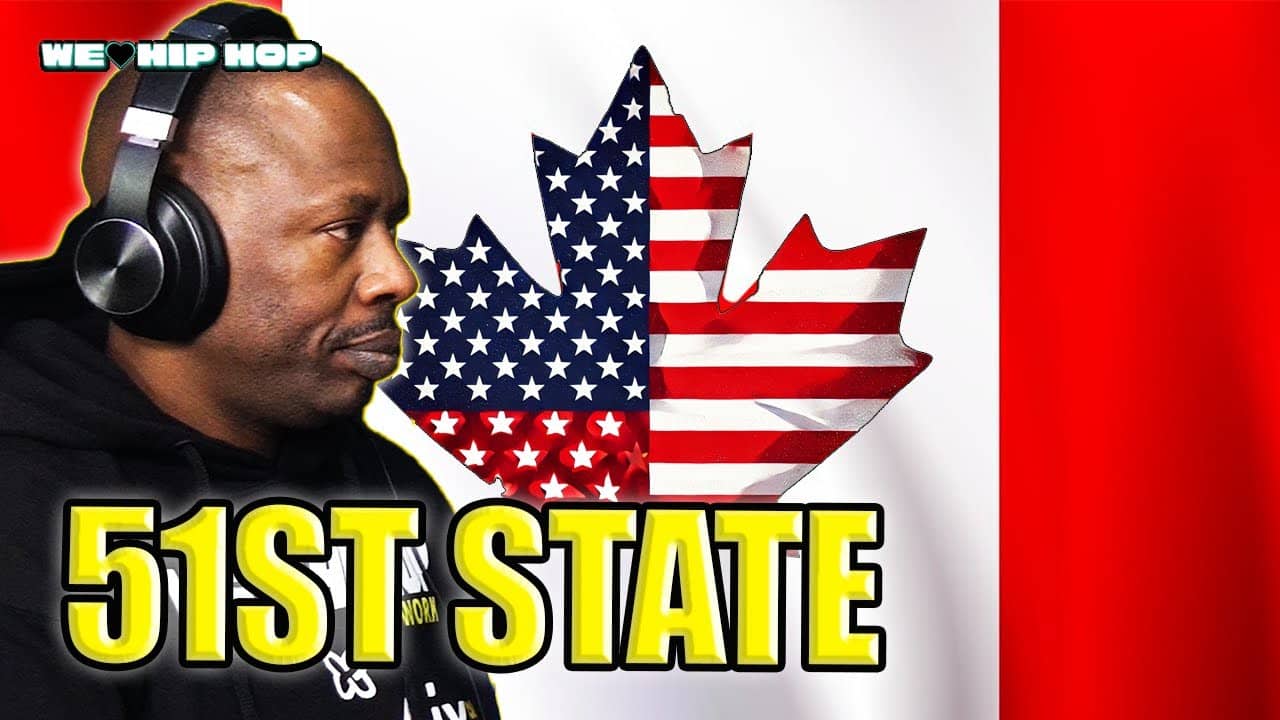In an unexpected twist, discussions about Canada becoming the 51st state of America have emerged. While it sounds like a plot from a movie, this idea has sparked debates far and wide. If you thought the idea was far-fetched, you’re not alone.
So, what are the possibilities and pitfalls of such a big move? A future where Canada is part of the U.S. raises questions about identity, politics, and economy. As Canadians ponder the hypothetical scenario, the outcomes could be surprising.
The Trump Effect
Many predicted a Trump victory, yet some had doubts about his impact. The possibility of Canada becoming a U.S. state seemed outlandish, yet intriguing. Under Trump’s leadership, there was plenty of discussion around how America might expand its borders.
The idea of Trump having Canada as part of America is both shocking and thought-provoking. People couldn’t help but discuss what it might mean for both nations. What’s clear is that it would be no easy feat.
A Booming Economy?
Trump claimed that if Canada were the 51st state, taxes would decrease by 60%, businesses would grow, and military protection would enhance. Yet, would these benefits truly materialize? While the promise of economic boom lures some, others worry about cultural erosion.
Economic discussions focus on the balance between increased American opportunities and the potential loss of Canadian identity. The speculation of an economic boom is enticing, though it may come with unexpected costs.
Cultural Identity at Stake
While economic prospects tempt many, cultural concerns loom large. Canada prides itself on unique traditions, and many fear U.S. annexation could erase this identity. Would Canada become merely an extension of America?
The fear of losing cultural heritage is not unfounded. As Quebec has faced similar struggles, the province might particularly resist this change in fear of losing its cultural essence.
Moreover, there is concern that American culture could overshadow Canadian practices. But some argue that like Hawaii, Canada could retain distinct customs while being part of the U.S.
Healthcare and Taxes
One critical issue raised is healthcare. While some believe Canadian healthcare would remain state-dependent, the reality might differ.
Healthcare differences are a concern. With tax cuts, can Canada maintain its system? The American healthcare model does not assure Canadians. Costs could become prohibitive without proper insurance.
There is a trade-off between enjoying tax reductions and potentially losing state-supported healthcare. Each Canadian province could face unique challenges under this new setup.
Borders and Security
The prospect of open borders carries both benefit and risk. Canadians could freely traverse U.S. states, but conversely, others could enter Canada unchecked.
New security concerns arise. With no physical border, illegal activities could increase, and Canadians worry about safety and uncontrolled migration.
Despite risks, some Canadians welcome the chance to engage with America’s expansive systems as equals. Security, once assured, might shift to a shared responsibility.
Politics and Independence
Politically, the integration could spark debate. How would Canadians fare within American politics? There is a fear of becoming ‘little brothers’ to the U.S. The struggle for political independence is real.
Quebec, for instance, has a history of seeking self-determination. Would their desire to preserve their culture clash with newfound statehood? There’s a complex interplay between local and federal politics here.
Meanwhile, Canadians contemplate this scenario with humor and skepticism. While the concept is hypothetical, it certainly ignites fierce political emotions and discussions.
Entertainment and Lifestyle
Culturally rich, Americans offer Canadians a taste of the U.S. lifestyle. For some, the merger reflects a chance to enjoy American entertainment closer to home.
Access to diverse cultural and entertainment avenues stands out as a pro. Canadians could find new opportunities in arts and media.
Yet, adopting the American way may blur traditional Canadian lifestyles; some Canadians cherish their distinct way of living and resist change.
As tempting as American cultural integration sounds, Canadians are wary of losing their unique identity. The idea excites some, but others hold tight to Canada’s heritage.
Economic Ambitions and Fears
Being part of the U.S. could open up new markets for Canadians. The dream of economic growth lures many.
However, some worry Canadian industries could be overshadowed by American dominance, losing their international market presence.
The idea of economic integration presents both a blend of ambition and fear. Canadians weigh expanded American opportunities against potential challenges to homegrown businesses.
Cons of Full Integration
On the downside, Canadians worry the merger could drive up crime rates. The absence of a border might invite unwanted elements.
Social issues could arise, raising questions about security and local governance. Canadians remain cautious about potential negative impacts.
Though the U.S. presents vast opportunities, Canadians question whether these outweigh the drawbacks of losing independence. For now, it’s a topic of vigorous debate and speculation.
The idea of Canada becoming a U.S. state is both intriguing and alarming. From economic prospects to cultural concerns, the implications are vast. Canadians reflect on their identity and freedoms in light of this hypothetical future, questioning whether potential gains justify the risks.




